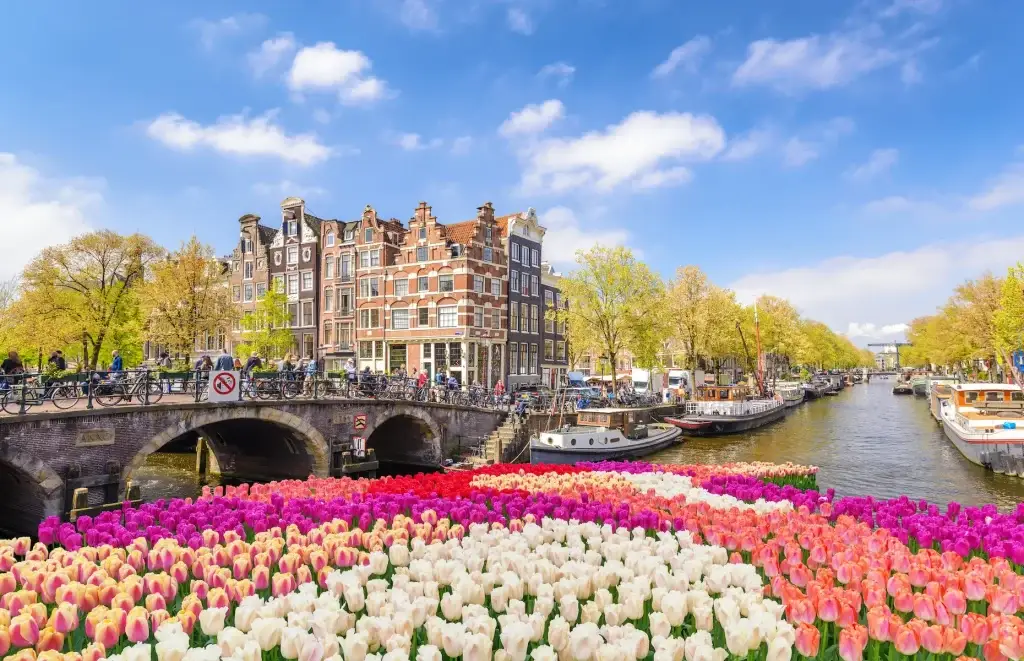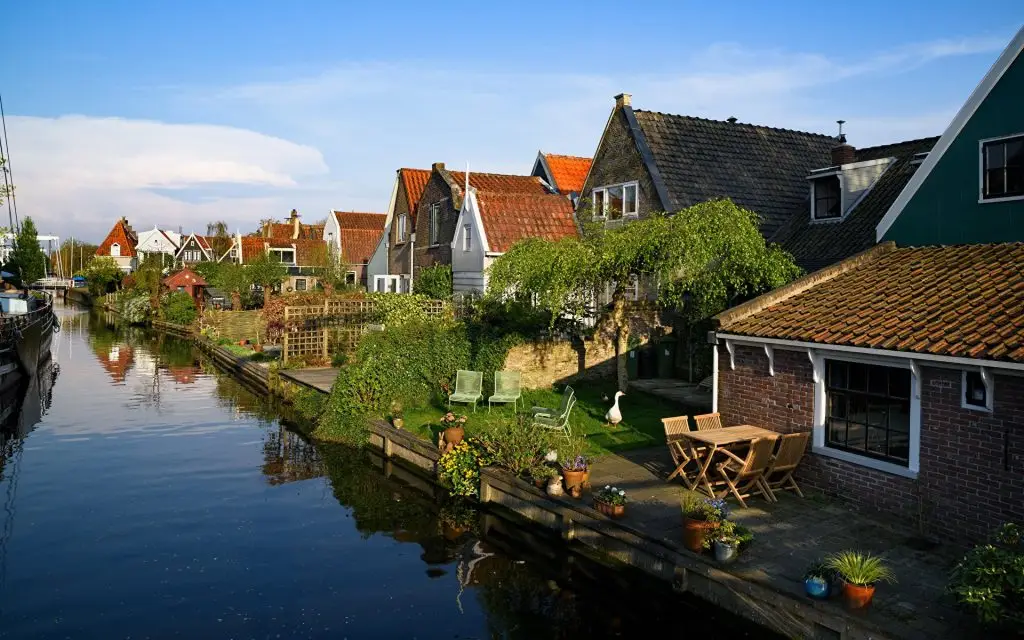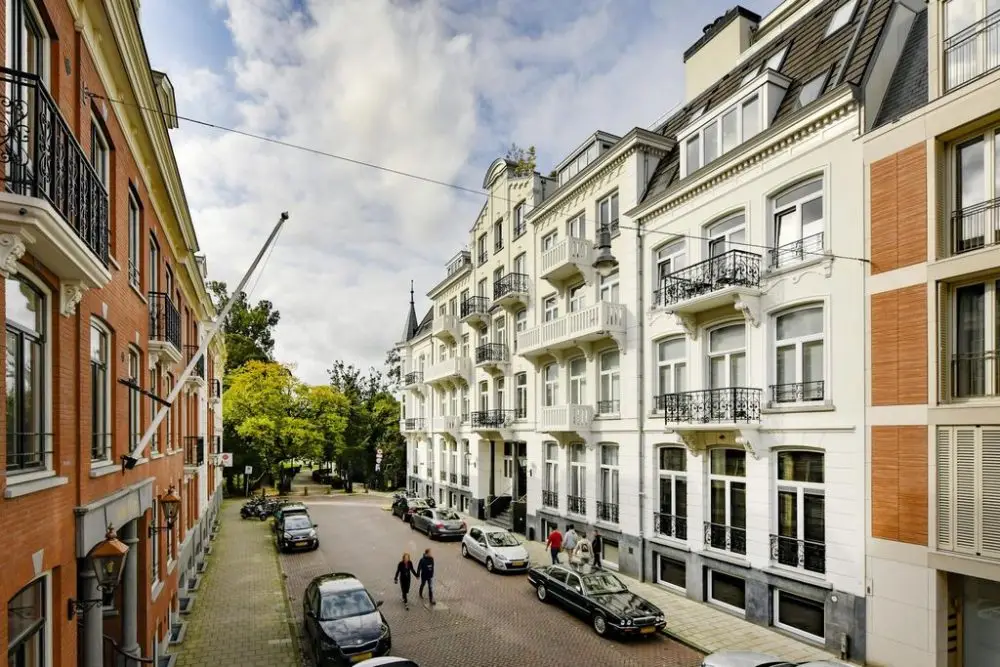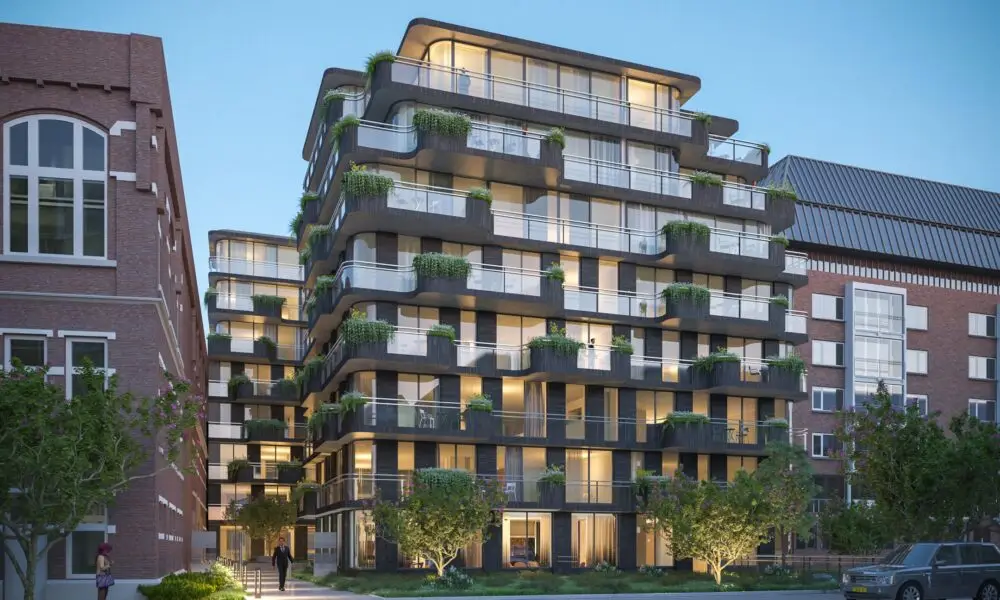Is it worth moving to the Netherlands? This is a question that is heard more and more often not out of curiosity, but out of an inner search for a stable alternative. Not because it’s beautiful there, but because it works: transport, labour market, institutions, even the rubbish recycling system seems better organised than one’s life. This article is not about the mythical Holland from Instagram, but about the real pluses, the pitfalls. What actually awaits those who dare to go beyond the boundaries of the usual.
How the market works
The phrase “working in Holland” has long ceased to sound exotic. In 2025, the country holds the position of one of the most stable economies in Europe. The unemployment rate is 3.4%, and vacancies are steadily growing in IT, medicine, logistics, and engineering. Employers are actively seeking English-speaking professionals, especially in Rotterdam, Utrecht and Eindhoven.
Minimum wage after taxes is €1,995 per month, average wage is €3,200-3,600. White wages, union protection, flexible hours. Contracts are strictly regulated and overtime is paid. The economy decides whether it is worth moving to the Netherlands, and it says yes to professionals with skills and ambition.
Living in Holland: comfort without pomposity
 Dutch minimalism is about everything: design, everyday life, socialising. To live in Holland means to live rationally. Transport – bicycles, trams and intercity transport at the expense of the state (if you are a student or a trainee). Tap water is the purest, electricity comes from the wind.
Dutch minimalism is about everything: design, everyday life, socialising. To live in Holland means to live rationally. Transport – bicycles, trams and intercity transport at the expense of the state (if you are a student or a trainee). Tap water is the purest, electricity comes from the wind.
Holland is not about show-offs, it’s about equality. No one will appreciate watches, but they will appreciate politeness and punctuality. A society with a strong core of tolerance and structural security.
Whether it is worth moving to the Netherlands depends on your attitude to simplicity and order.
Housing: square metre in the crosshairs
Rent is the main stress for newcomers. The average cost is €1,200 for a studio flat in Amsterdam. In less touristy cities like Groningen it’s €800-900. Competition is high, the contract is strictly legal. The deposit – up to two months rent.
The purchase of housing is available if you have a residence permit and a stable income. Mortgage – from 3.7% per annum. Investments in Dutch property show stable growth: +5.1% for 2024.
Education and learning: a stake in practice
The universities of Wageningen, Delft and Leiden are world-ranked. English programmes are plentiful. A year of study costs €2,530 for EU citizens, €9,000-15,000 for others. Internships, exchanges and research are encouraged.
Study is one of the main reasons why immigration to the Netherlands is often considered. Strong applied knowledge, internships and quick access to the labour market make degrees in demand.
Medicine and taxes: how they treat and how much they charge
Health care in the country is insured. The basic package costs about €135 per month. It includes a visit to a general practitioner, diagnostics, emergency care. Without insurance – a fine.
Taxes range from 36.93% to 49.50%. But there are free schools, subsidies, housing and transport subsidies. The average tax deduction per child is €3,654 per year. Whether it is worth moving to the Netherlands depends on your willingness to invest in stability.
Culture, language, mentality
The Dutch are straightforward. They tell it like it is and expect the same. The culture is a mix of Protestant modesty and experimental openness. Discuss any topic without taboos.
Dutch is not an easy language. But English is spoken by 91 per cent of the population. In everyday life – barrier-free communication, especially in large cities. For integration it is desirable to learn the language – it speeds up adaptation.
The mentality is based on trust and individualism. They work for life, not live for work.
Adaptation and integration: a test of integrity
Immigration to the Netherlands is a test of patience. Without knowledge of the language and local nuances, it takes 6-18 months to adapt. The Dutch are friendly, but do not intrude into personal areas. Initiative and consistency are required.
Integration starts with participation in the life of the neighbourhood, attending language courses, volunteering. The state provides support programmes, but success depends on activity.
Feedback from those who have moved to the Netherlands often emphasises not the complexity but the length of the process – you have to get used to it, grow in, learn to think differently.
Expats and society
Foreigners living in the country create a dense and active network. Platforms like Internations, Meetup and local Telegram chats speed up the process of getting to know the system. Societies are open to cultural dialogue, but initiative is valued above expectations.
Feedback from expats emphasises: the system doesn’t adapt to everyone, you have to adapt yourself. Whether it’s worth it to move to the Netherlands depends on your ability to fit into an already working mechanism.
Society accepts, but does not adapt. Rules work, not exceptions.
Cost of living
Food is more expensive than in Eastern Europe, but cheaper than in Scandinavia. Milk – €1, bread – €2.5, lunch outside the house – from €13. Average monthly expenses without rent – €950-1,200.
Clothes, appliances, transport – within the average European price tag. A student spends about €900 per month, a family – from €2,800. Whether it is worth moving to the Netherlands depends on your readiness for the high but predictable price level.
The pros and cons of living in the Netherlands: whether it’s worth moving to the Netherlands
Life in the Netherlands is like a smart home: everything works, but first you have to figure out the buttons. This list is not a tourist brochure, but an honest look at a system that needs to be fitted in, not conquered.
Pros:
- High standard of living and security.
- A robust economy and stable wages.
- Developed system of education and medicine.
- Great opportunities for expats and students.
- Green transport and a clean environment.
- A tolerant, orderly society.
- High level of digitalisation and transparency of public services.
Minuses:
- Housing shortage, high rents.
- High taxes and insurance premiums.
- Difficulties in integration without language skills.
- Strong competition in the labour market.
- Climate with rain and wind 8 months of the year.
Whether it is worth moving to the Netherlands is a question of priorities: if stability, professional growth and a safe environment are the goal, the arguments are obvious.
Immigration to the Netherlands
Immigration is clearly regulated. Highly skilled migrant status is awarded in 2-6 weeks with a salary of €3,672 for professionals under 30 and €5,331 for those over 30. The process is digital, transparent, logical.
Residence permits are issued through the IND – Immigratie- en Naturalisatiedienst. A contract, insurance, residential address are required. Headache-free immigration is possible if the conditions are met. For some it is a door to stability, for others it is a test of the system.
Investments
Holland is not offshore, but it is not a bureaucratic storm either. It takes 3-5 days to open a business. Investments from €1,250,000 in a fund recognised by the Dutch state entitle you to a residence permit.
Taxation of investments is transparent. Capital is protected by EU legislation.
Whether it is worth moving to the Netherlands: conclusions
 A country for those who are ready to work, to change, to invest. Life here is not soft, but it is honest. Moving is not a solution to problems, but a step into an environment where activity is valued over complaining.
A country for those who are ready to work, to change, to invest. Life here is not soft, but it is honest. Moving is not a solution to problems, but a step into an environment where activity is valued over complaining.
Is it worth moving to the Netherlands? Depends on the scale of the goal. For professionals, students, investors, families with a long planning horizon – the answer is obvious.
 en
en  ru
ru  de
de  ar
ar  es
es  nl
nl  hi
hi  fr
fr  it
it  pt
pt  el
el 









